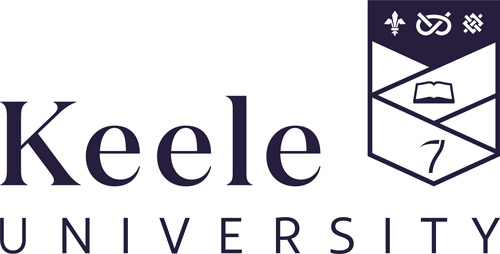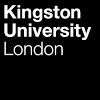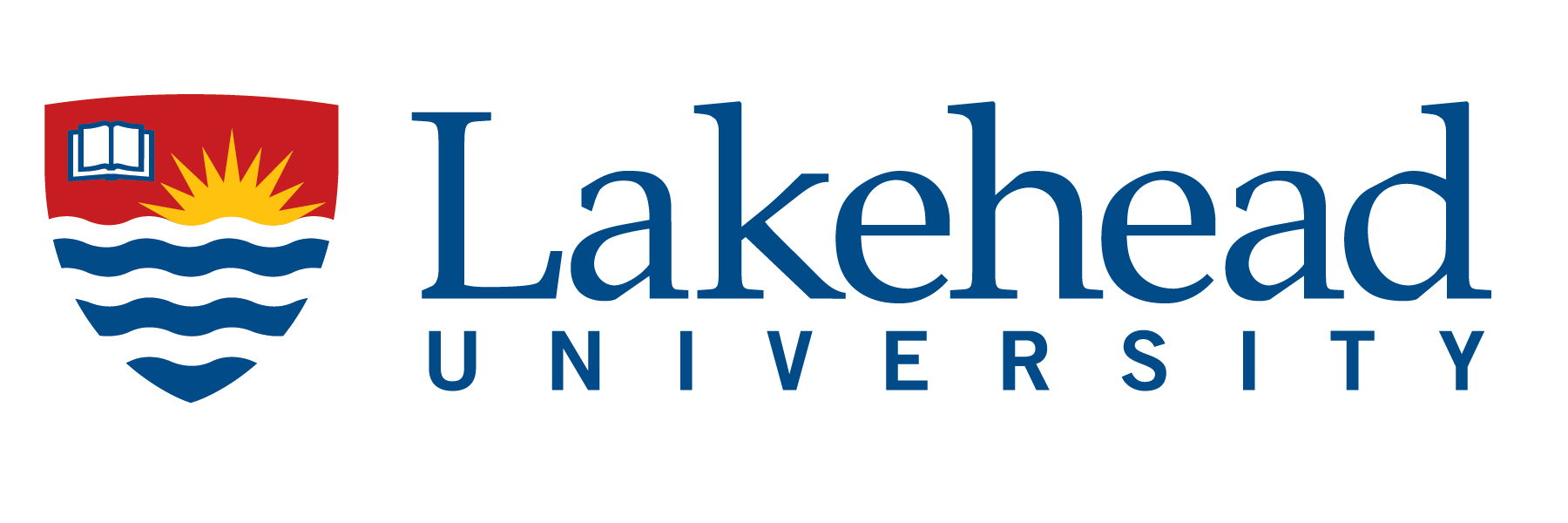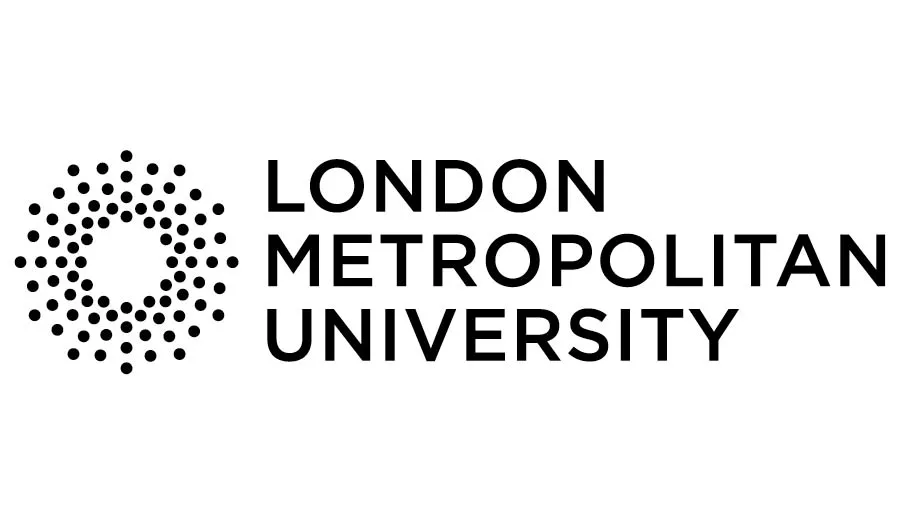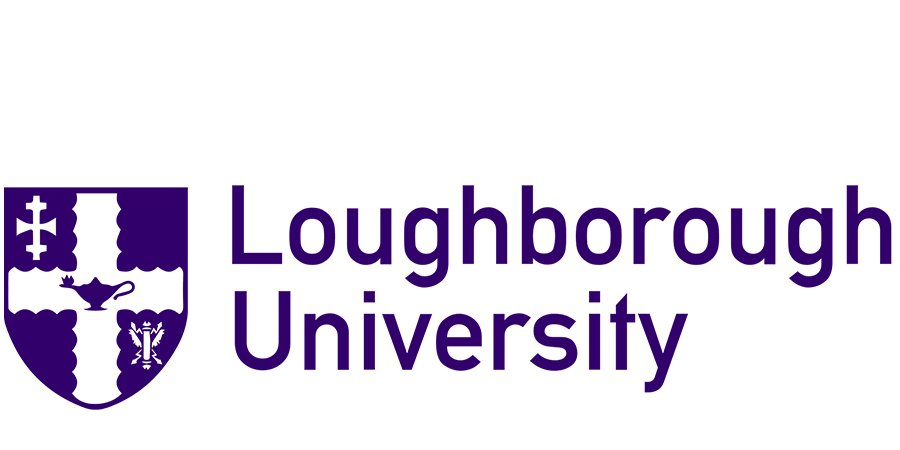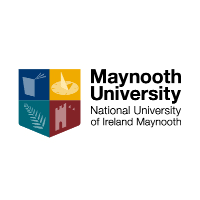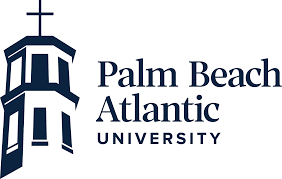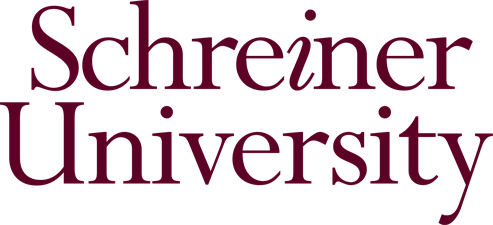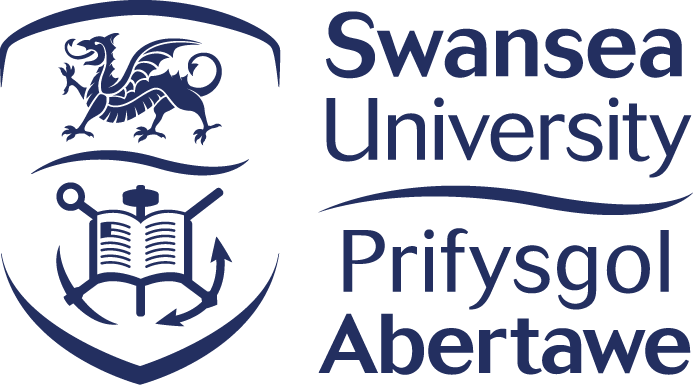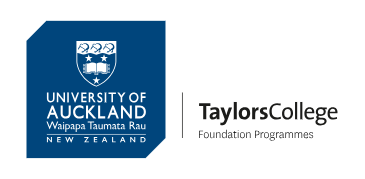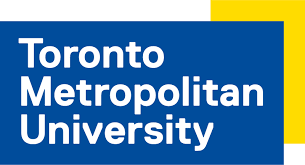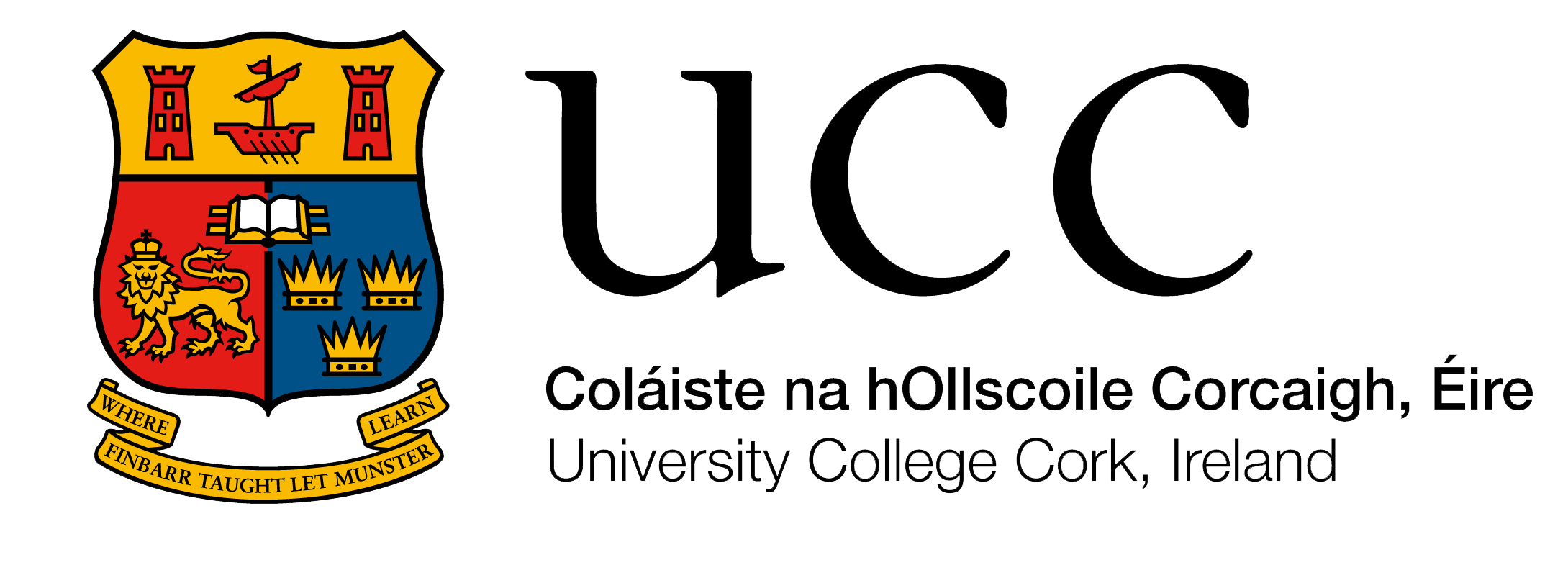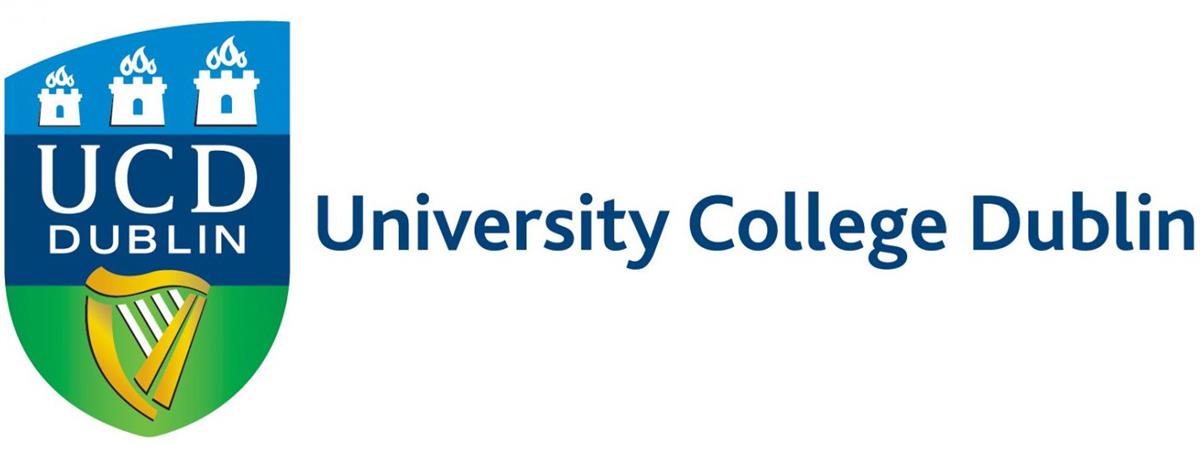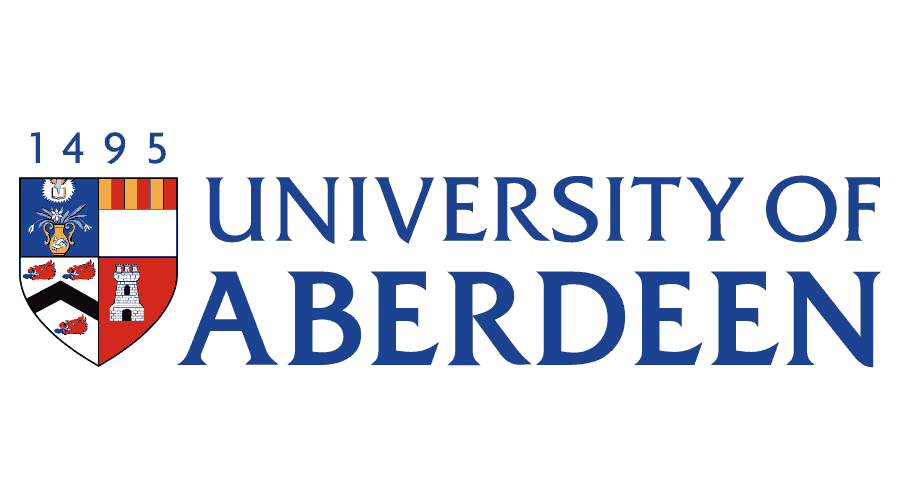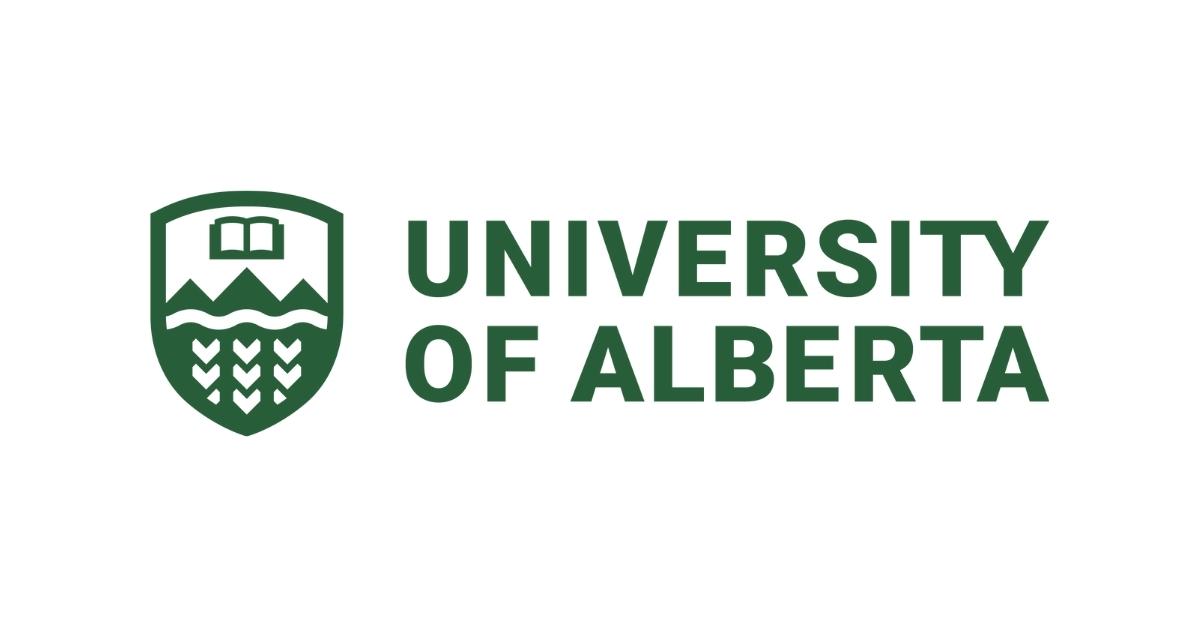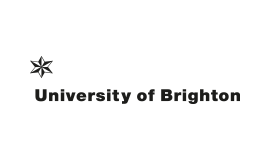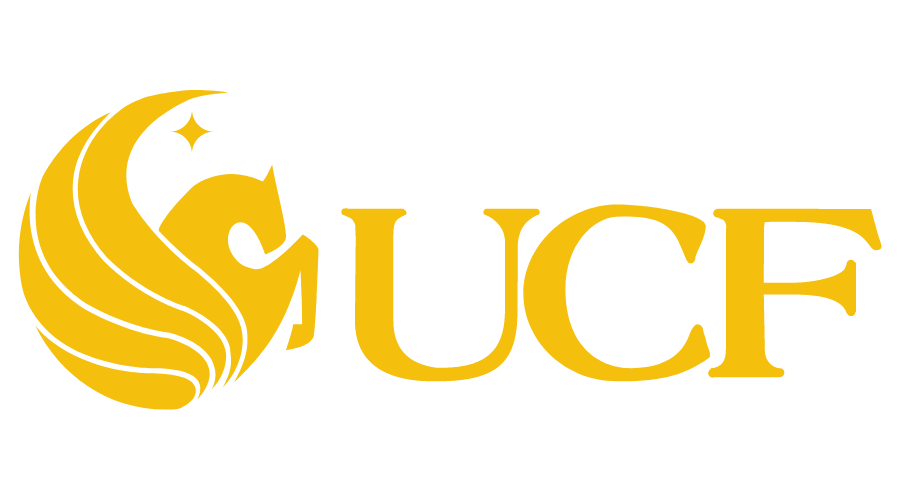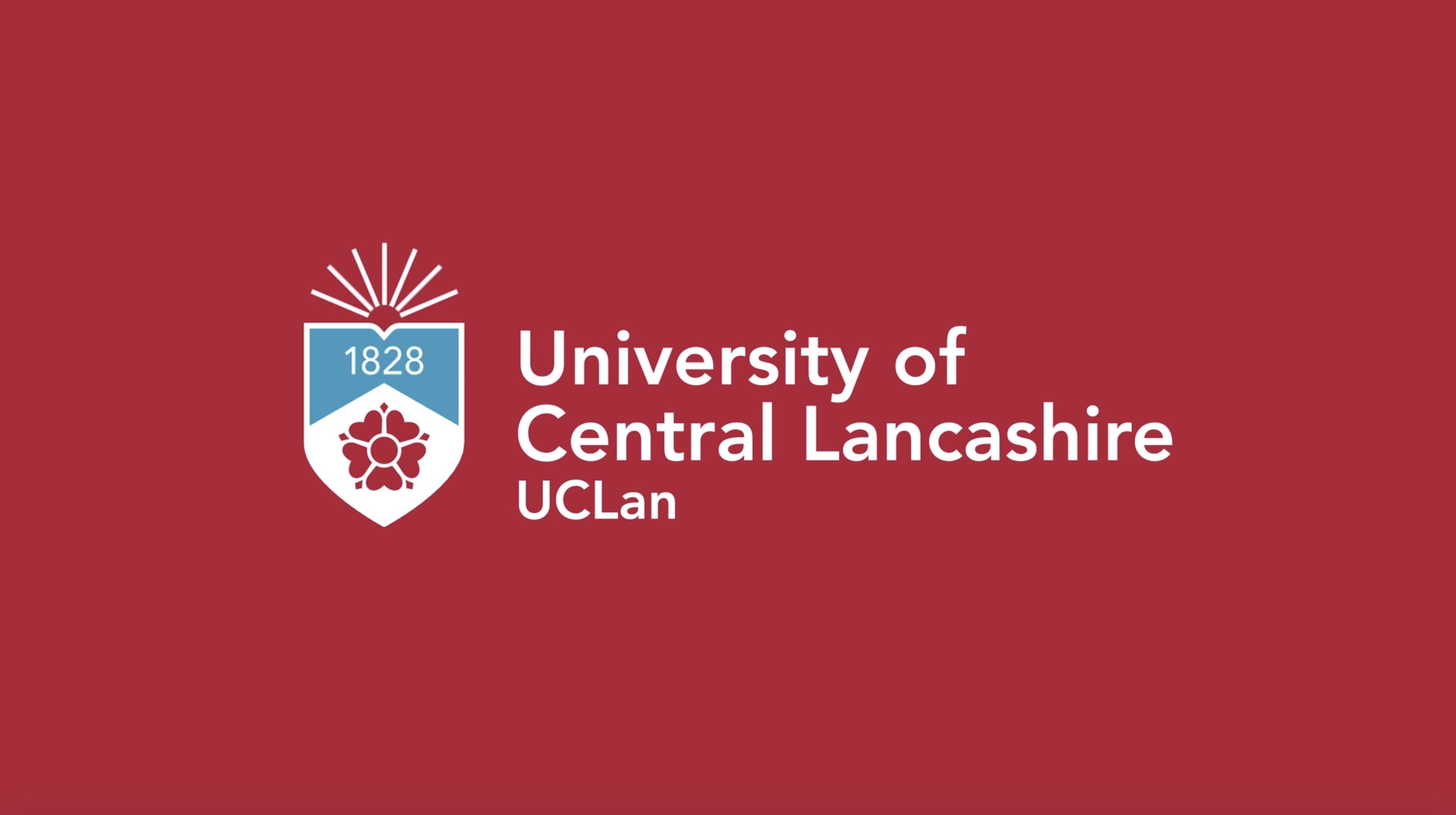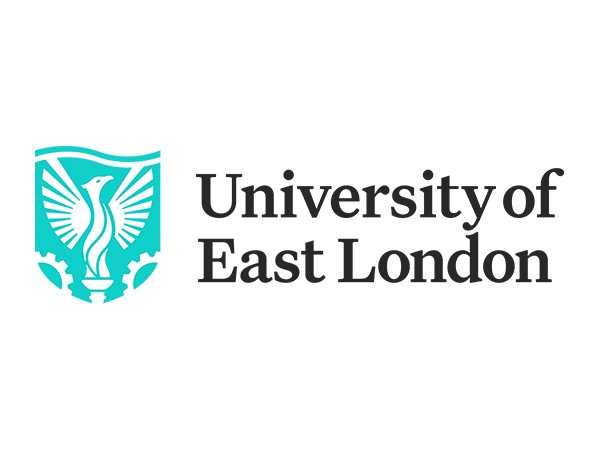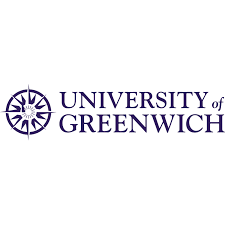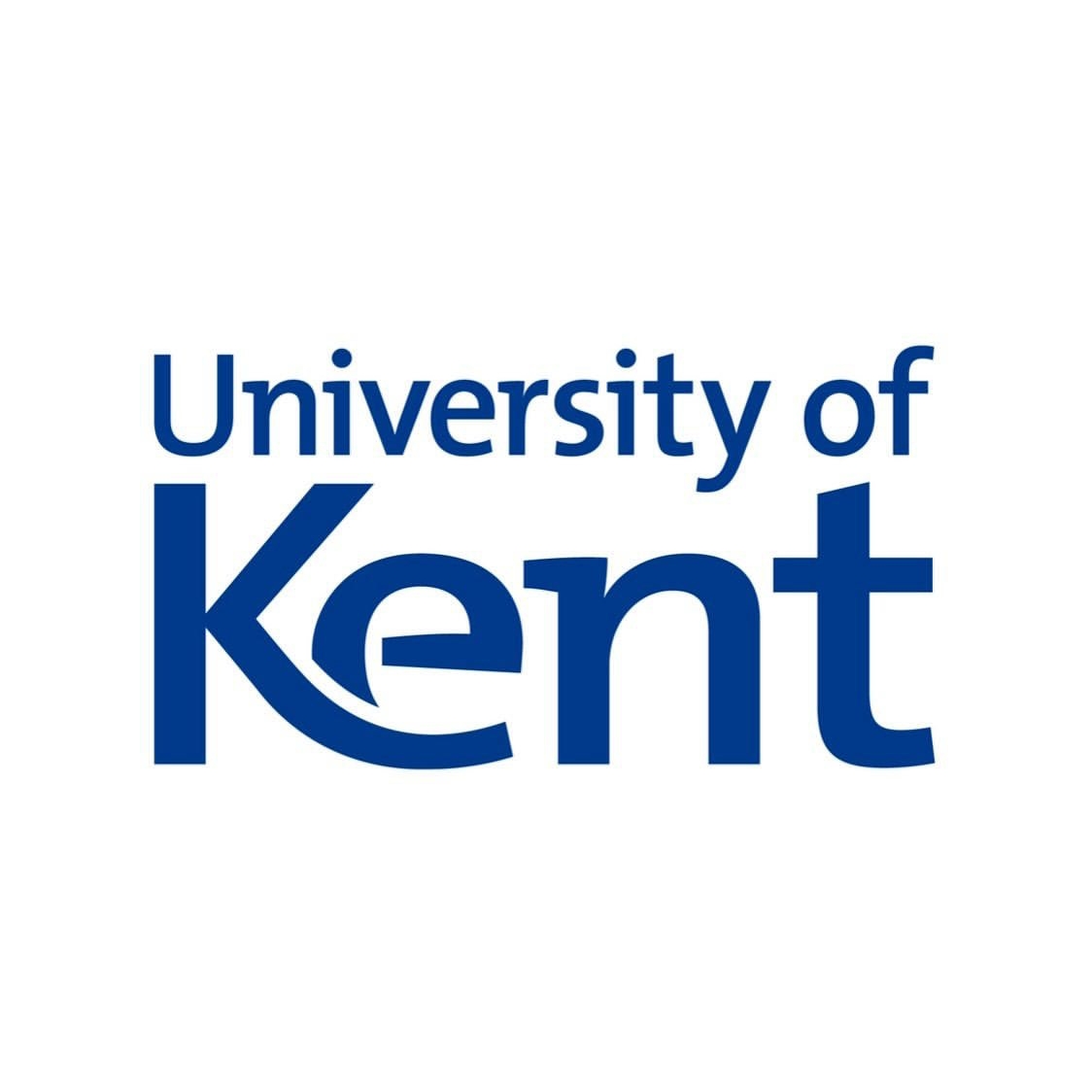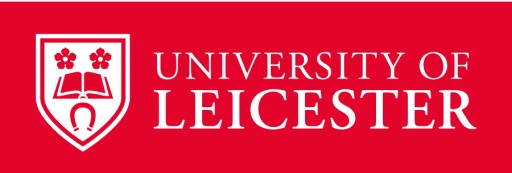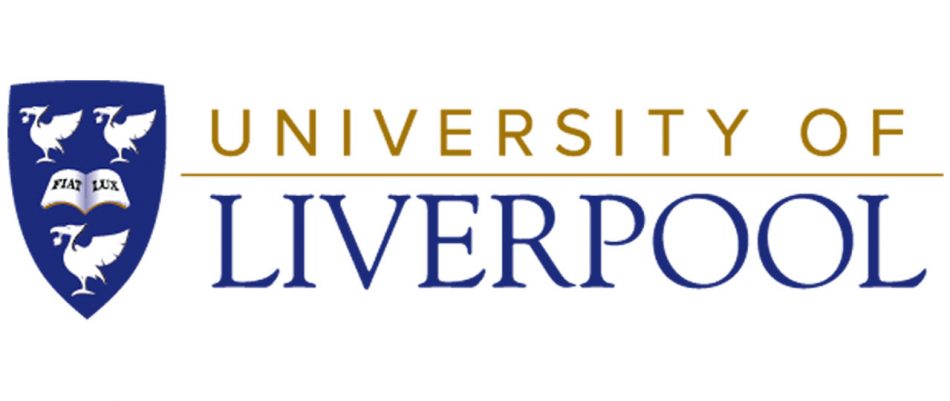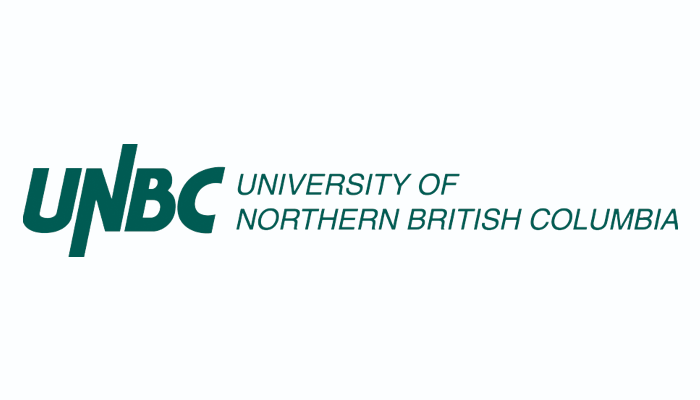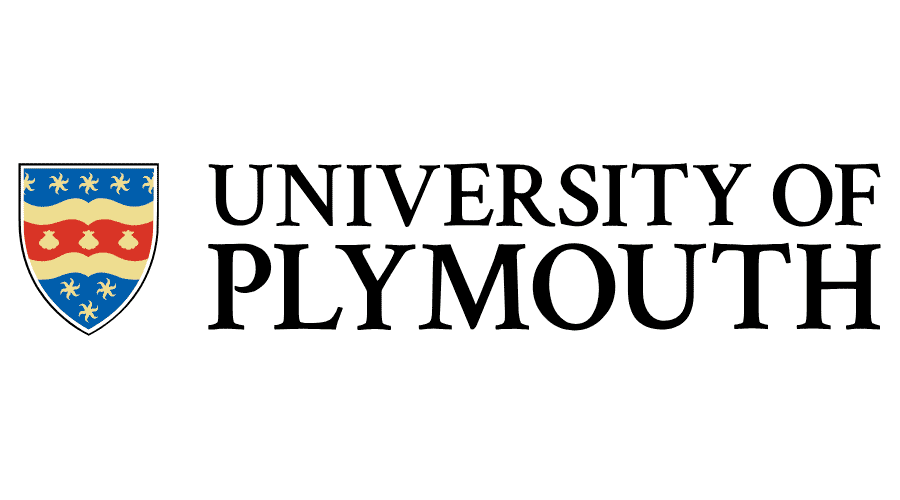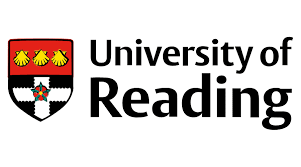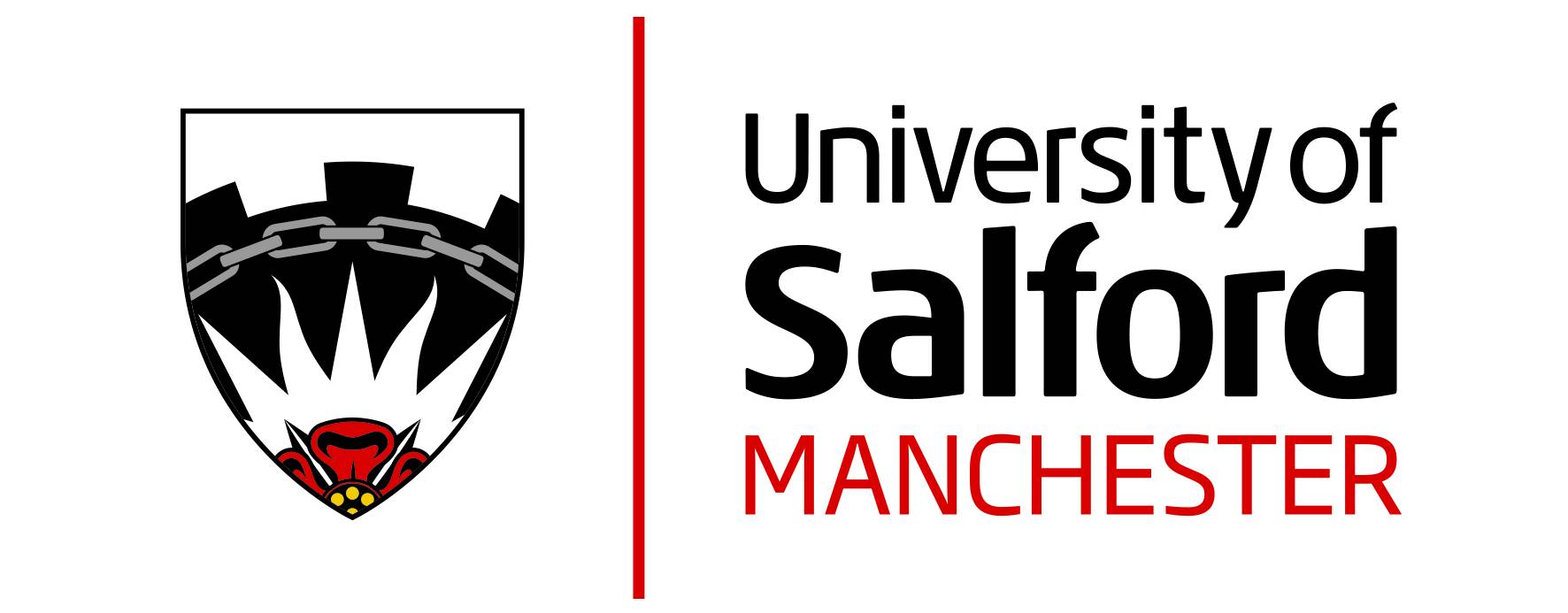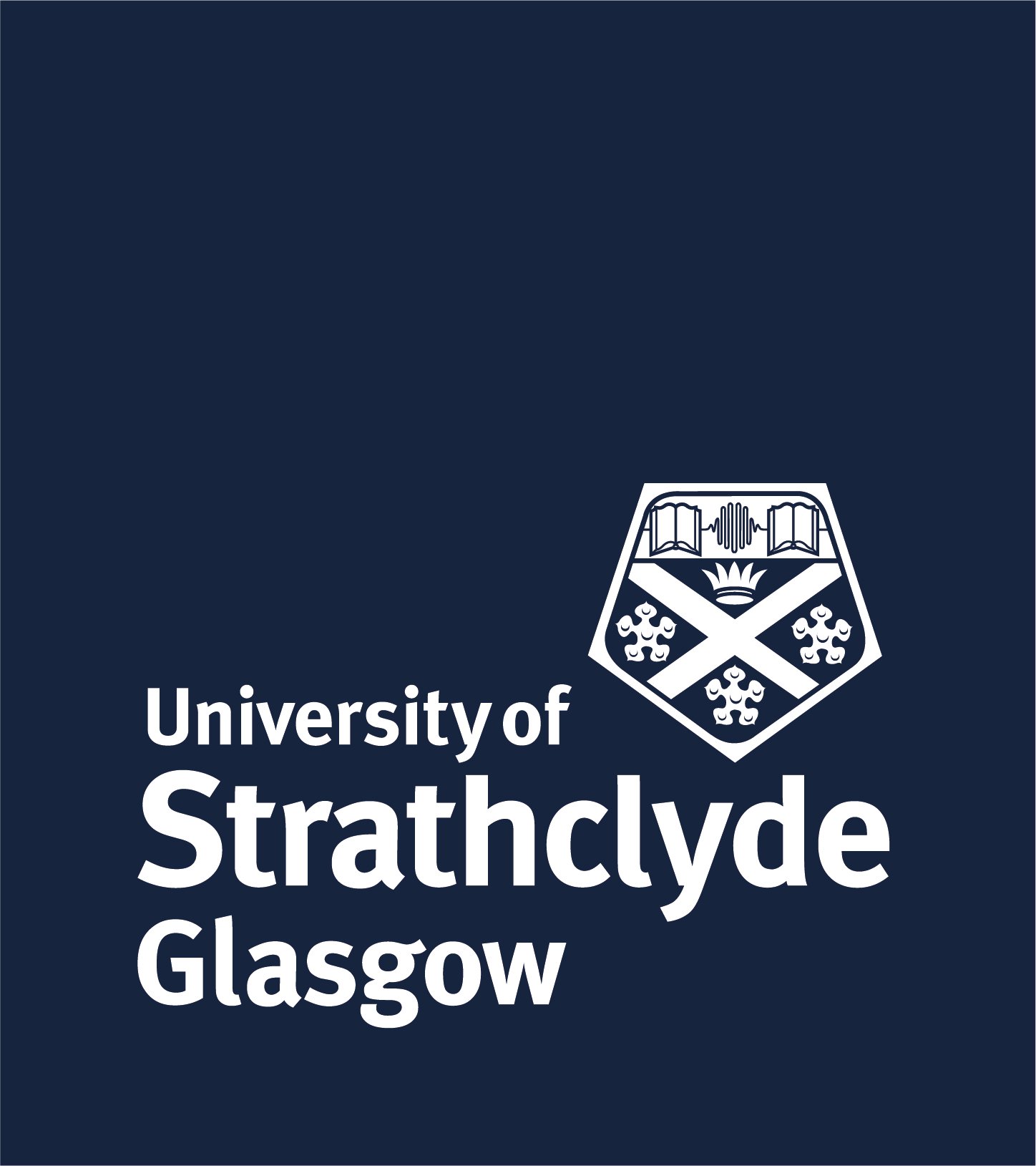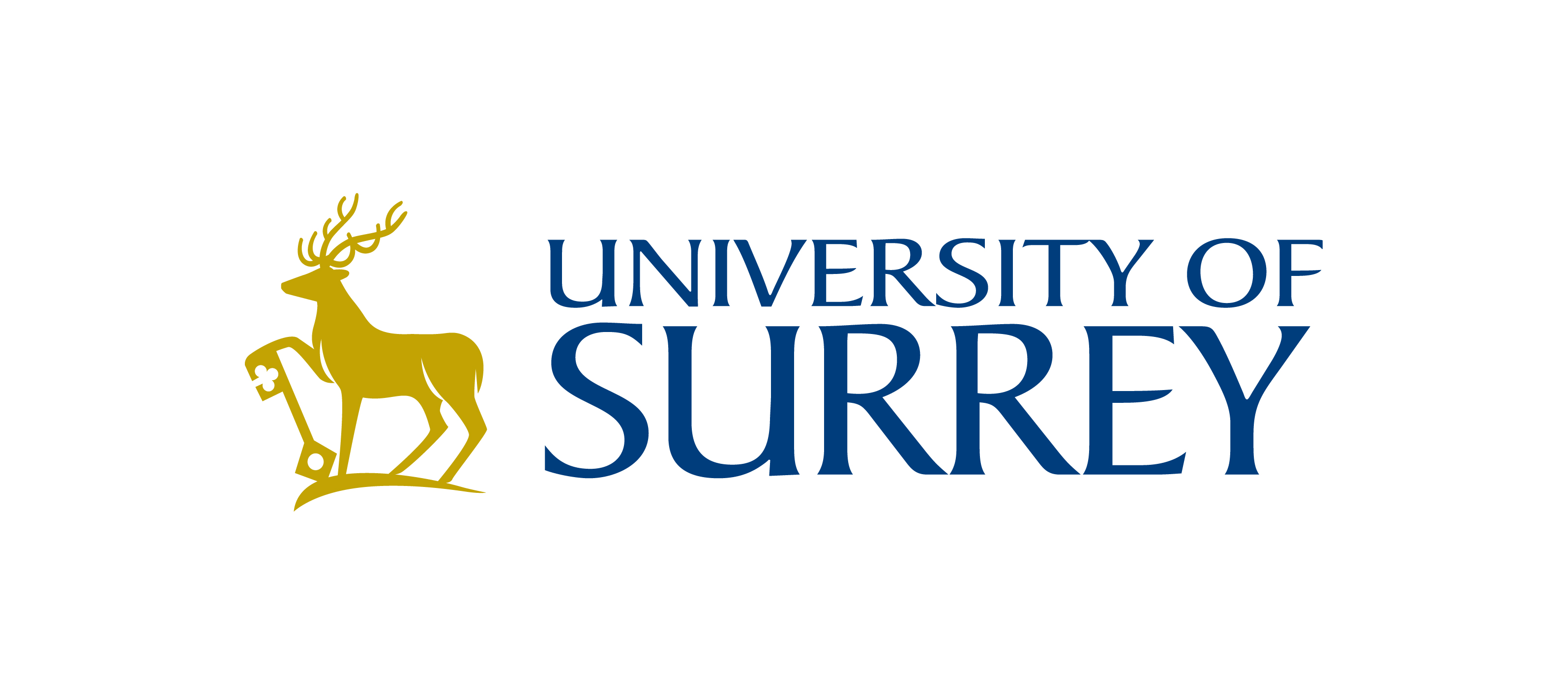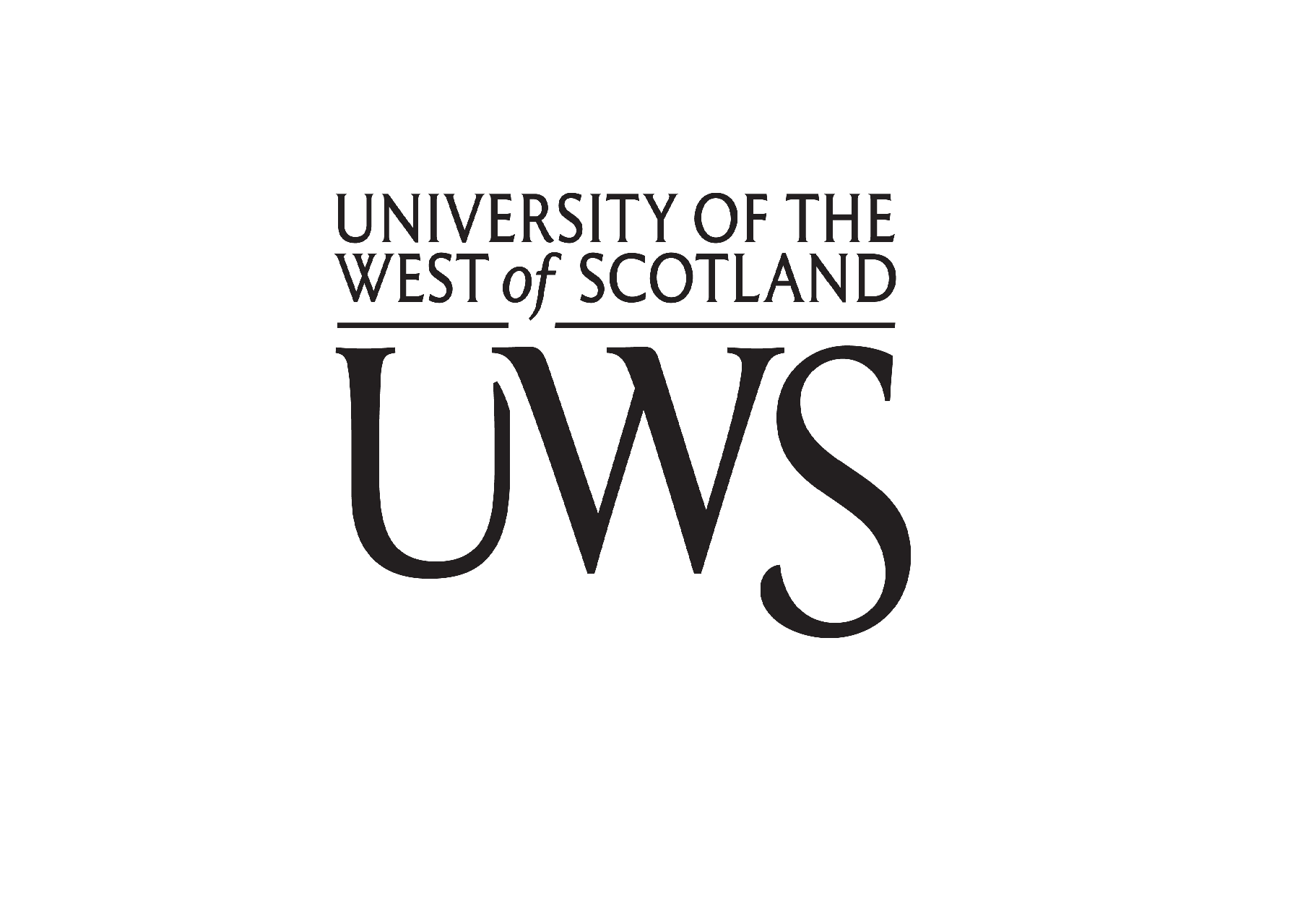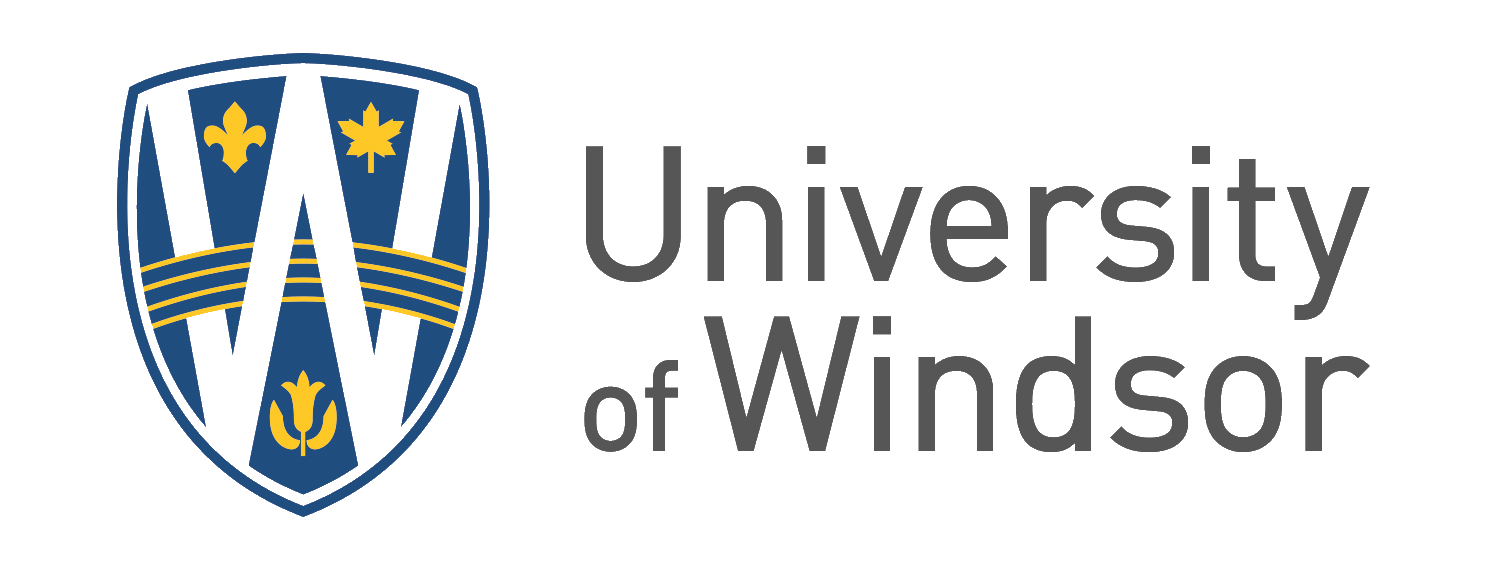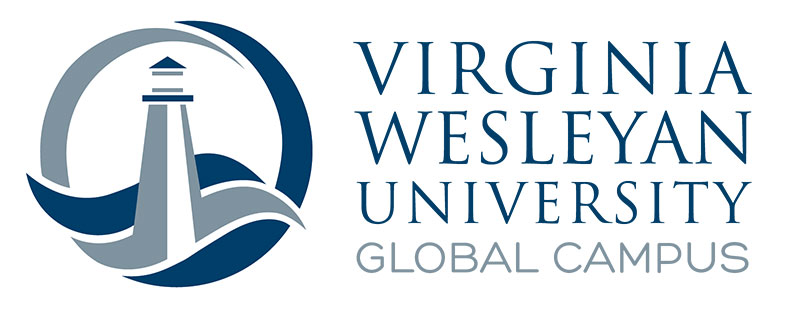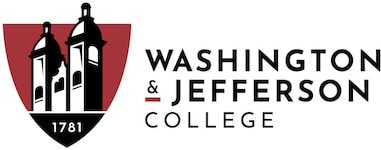Studying Chemistry Abroad: A Gateway to Global Opportunities for Indian Students
Chemistry is the scientific study of matter, its properties, behavior, and the changes it undergoes during reactions with other substances. As a foundational science, it underpins advancements in medicine, materials, energy, and environmental solutions. For Indian students aspiring to excel in this dynamic field, studying Chemistry abroad offers unparalleled access to cutting-edge research, world-class laboratories, and international collaborations. Whether you're passionate about organic synthesis, analytical techniques, or sustainable chemistry, pursuing higher education overseas can transform your career trajectory.
India's robust education system produces talented chemists, but global programs provide exposure to innovative methodologies and diverse perspectives. From developing new pharmaceuticals to tackling climate change, Chemistry graduates are in high demand worldwide. This guide explores why Indian students should consider studying Chemistry abroad, top destinations, eligibility criteria, and practical tips to make your dream a reality.
Why Study Chemistry Abroad as an Indian Student?
Studying Chemistry internationally isn't just about earning a degree—it's about immersing yourself in a global scientific community. Here's why it's a smart choice:
- Advanced Research Facilities: Overseas universities boast state-of-the-art labs equipped with tools like NMR spectrometers, mass analyzers, and high-performance liquid chromatography (HPLC) systems, which may be limited in some Indian institutions.
- Interdisciplinary Opportunities: Programs often integrate Chemistry with fields like nanotechnology, biotechnology, or environmental science, fostering innovation.
- Global Recognition: Degrees from accredited foreign universities enhance your resume for jobs in multinational companies or PhD pursuits back home or abroad.
- Networking and Internships: Collaborate with leading scientists and secure placements at organizations like NASA, pharmaceutical giants (e.g., Pfizer), or research institutes.
- Cultural and Personal Growth: Living abroad builds resilience, adaptability, and a broader worldview, valuable for India's diverse job market.
For Indian students, the post-study work visa options in countries like Canada and Australia allow you to gain practical experience, potentially leading to permanent residency. Moreover, the global chemistry industry is projected to grow at 5-6% annually, with opportunities in green chemistry and drug discovery aligning with India's "Make in India" initiative.
Top Destinations for Studying Chemistry Abroad
Choosing the right country depends on your academic goals, budget, and lifestyle preferences. Below is a table summarizing popular destinations for Indian students:
| Country | Key Strengths | Popular Universities | Average Tuition (INR per year) | Visa Work Post-Study |
|---|---|---|---|---|
| USA | World-leading research in organic and physical chemistry; strong industry ties. | MIT, Harvard, Stanford | 20-40 lakhs | OPT up to 3 years for STEM |
| UK | Focus on medicinal and computational chemistry; shorter program durations (1-year MSc). | University of Oxford, Cambridge, Imperial College London | 15-30 lakhs | Graduate Route Visa: 2 years |
| Canada | Emphasis on environmental and analytical chemistry; affordable living. | University of Toronto, McGill, UBC | 10-25 lakhs | PGWP up to 3 years |
| Australia | Strength in materials and polymer chemistry; vibrant student life. | University of Melbourne, Sydney, ANU | 15-28 lakhs | Post-Study Work Visa: 2-4 years |
| Germany | Tuition-free public universities; expertise in inorganic and theoretical chemistry. | LMU Munich, Heidelberg University, TU Berlin | 0-5 lakhs (mostly free) | 18 months job search visa |
Germany stands out for budget-conscious students due to low or no tuition fees, while the USA offers prestige but at a higher cost. Indian students often prefer Canada for its welcoming immigration policies and multicultural environment.
Popular Chemistry Programs for International Students
Most programs are offered at Bachelor's (BSc), Master's (MSc), and PhD levels. For Indian students with a 12th-grade science background, BSc programs (3-4 years) are ideal starters. Post-BSc, an MSc (1-2 years) deepens specialization.
- BSc Chemistry: Covers fundamentals like inorganic, organic, physical, and analytical chemistry. Includes lab work and electives in biochemistry.
- MSc Chemistry: Advanced topics such as quantum chemistry, spectroscopy, and green chemistry. Many include thesis research.
- Specialized Streams: Medicinal Chemistry (drug design), Environmental Chemistry (pollution control), or Nanotechnology (material innovation).
- PhD Programs: Research-focused, 3-5 years, with stipends often covering living costs.
Top universities like MIT offer the Course 5: Chemistry with interdisciplinary options, while Oxford's MSc in Chemistry emphasizes theoretical aspects. Indian students can leverage programs like the UK's Chevening Scholarships for funded MSc studies.
Eligibility Criteria and Application Requirements
Gaining admission requires careful preparation. Here's a step-by-step overview tailored for Indian students:
- Academic Qualifications: For BSc, 10+2 with Physics, Chemistry, and Math (PCM) or PCB, minimum 60-70% aggregate. For MSc, a Bachelor's in Chemistry or related field with 55-60%.
- Standardized Tests:
- English Proficiency: IELTS (6.5+ overall) or TOEFL (80+).
- SAT/ACT for undergrad in USA; GRE for grad programs (optional in many places).
- Documents Needed: Transcripts, Statement of Purpose (SOP) explaining your interest in Chemistry, Letters of Recommendation (LORs) from professors, and CV highlighting projects or internships.
- Application Deadlines: Typically September-January for fall intake; apply 6-12 months in advance via university portals like UCAS (UK) or Common App (USA).
- Entrance Exams: Some programs require subject-specific tests like the GRE Chemistry Subject Test.
Indian students should aim for a strong GPA and extracurriculars like science fairs or research papers to stand out. Consult education counselors for personalized guidance.
Scholarships and Financial Aid Options
Studying abroad can be expensive, but scholarships make it accessible. Key options for Indian Chemistry students include:
- Country-Specific: Fulbright-Nehru (USA), Commonwealth Scholarships (UK), DAAD (Germany), Endeavour Awards (Australia).
- University Scholarships: MIT's Graduate Fellowships or University of Toronto's Entrance Awards, often merit-based (up to 50% tuition coverage).
- Indian Government Aid: National Overseas Scholarship for SC/ST students; ICCR scholarships for undergrad/postgrad.
- Private Funding: Inlaks Shivdasani Foundation or KC Mahindra Scholarships, providing INR 10-20 lakhs.
Additionally, part-time jobs (20 hours/week) and teaching assistantships (for MSc/PhD) can offset costs. Budget for living expenses: INR 8-15 lakhs annually, depending on the country.
Career Prospects After Studying Chemistry Abroad
A Chemistry degree from abroad opens doors to lucrative careers. Graduates can pursue roles in:
- Industry: Research Chemist, Quality Control Analyst in pharma (e.g., Sun Pharma, Dr. Reddy's) or chemicals (e.g., BASF). Average starting salary: INR 8-15 lakhs in India; USD 60,000+ abroad.
- Academia/Research: Lecturer or Scientist at IISc Bangalore, CSIR labs, or international think tanks.
- Emerging Fields: Forensic Chemist, Patent Examiner, or Sustainability Consultant amid India's green energy push.
- Further Studies: PhD leading to professorships or R&D leadership.
With global experience, Indian returnees often secure positions at top firms like Reliance Industries or export their skills to the Middle East. The field’s versatility ensures employability, with 90% placement rates for international graduates.
Visa Process and Practical Tips for Indian Students
Securing a student visa is straightforward but requires documentation:
- Steps: Obtain offer letter, pay fees, apply via VFS Global (for most countries). Provide proof of funds (INR 7-10 lakhs) and ties to India.
- Common Visas: F-1 (USA), Tier 4 (UK), Study Permit (Canada).
- Processing Time: 4-12 weeks; apply early.
Tips for Success:
- Adapt to cultural differences: Join Indian student societies for support.
- Focus on lab safety and ethical research practices.
- Network via LinkedIn and conferences like ACS meetings.
- Prepare for homesickness with video calls and Indian cuisine communities.
Studying Chemistry abroad empowers Indian students to contribute to global challenges while building a fulfilling career. Start your journey today—research programs, prepare applications, and unlock your potential in the world of science.























